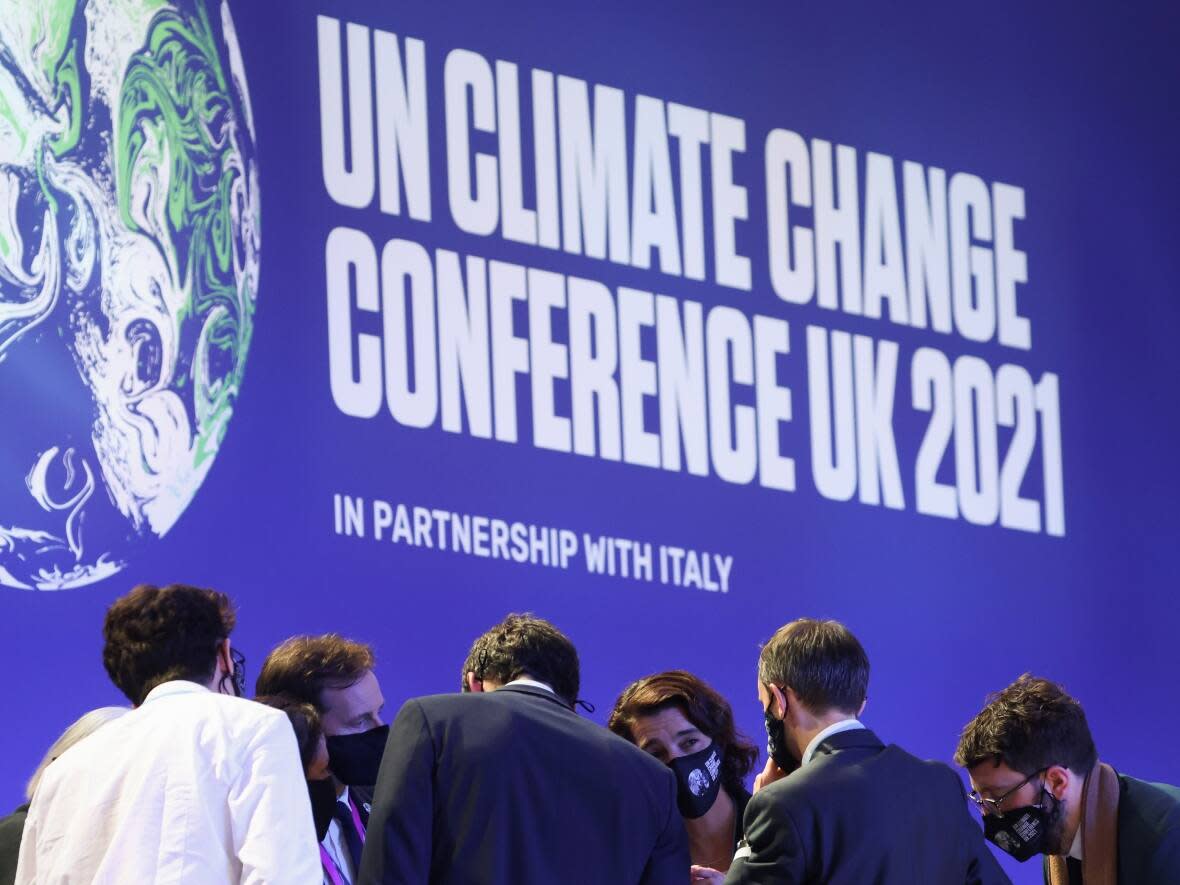P.E.I. official says province's net-zero goals most achievable in the country after summit

A provincial employee returning from the COP26 climate summit in Glasgow, Scotland says he thinks P.E.I. has the most realistic path to net-zero of any province in Canada.
The province has vowed to reach net zero energy consumption by 2030 and net-zero greenhouse gas emissions by 2040.
"I think we've got a really good head start on our wind energy, for example, and our relatively clean electricity grid," Derek Ellis, the director of P.E.I.'s sustainability division told Island Morning host Mitch Cormier.
"We've got a lot of positive momentum in the right direction."
'Well worth their time'
The province sent two employees from the Department of Environment, Energy and Climate Change to the summit.
Although many climate activists including Greta Thunberg called the meeting a failure, Ellis said there was much to be learned.
"We're on P.E.I. experiencing the impacts of climate change. I think the average Islander is well aware of that. So I think it was well worth their time to be present."
I'm not envious of some of the other jurisdictions and the uphill battle that they have. — Derek Ellis
According to Ellis, although the delegations from other Canadian jurisdictions were smaller than previous years he said he was pleasantly surprised at the presence of the other provinces.
And, because of the Island's ambitious climate change targets, he said it's important "to keep our finger on the pulse of how those international negotiations are going and any implications that that may have on Canada and as a result on P.E.I."
'Difficult discussions'
Back on the Island, Ellis knows reaching those goals is no easy task. Industries like potato farming, aquaculture and fisheries are central to the province's economy. But, they are also prone to feeling the repercussions of "intense weather events that come with climate change."
"There are difficult discussions to be having, it's sometimes uncomfortable," he said.
"I think that everyone on P.E.I. is well aware of those risks at this point and we've got to come together to find solutions."
Still, Ellis remains optimistic.
"There's certainly a lot of work to do," he said. "But I'm not envious of some of the other jurisdictions and the uphill battle that they have."


